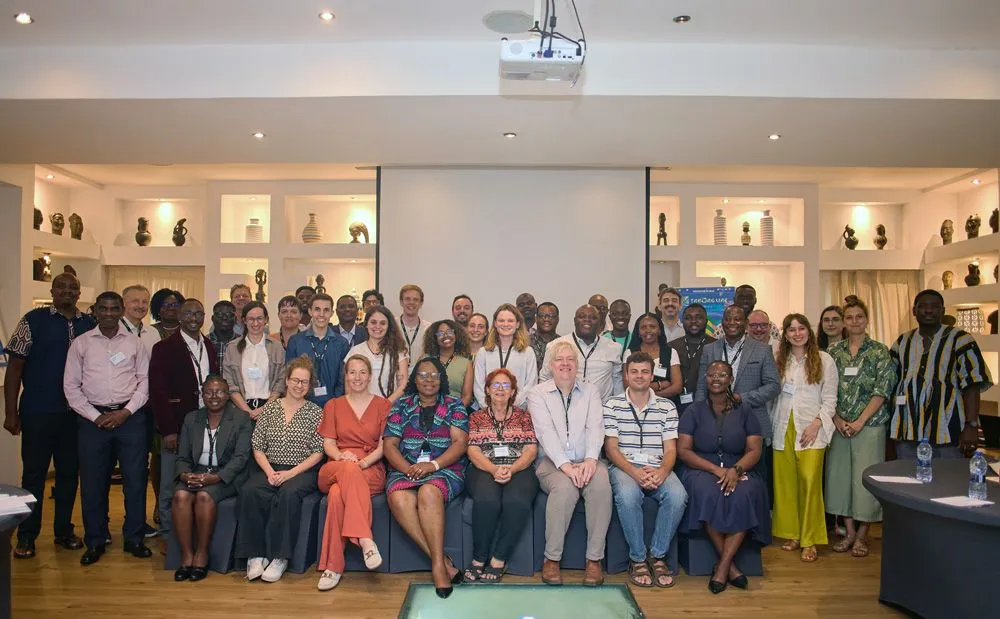Stakeholders, under the Safe4All project, have met in Accra to share knowledge and develop effective tools to help communities severely affected by climate change adapt.
Funded by the European Union, experts from Ghana, Kenya, and Zimbabwe are working to incorporate artificial intelligence into a climate service app. The app is designed to predict long-term weather patterns, provide climate solutions, and develop business models tailored to smallholder farmers.
The Uliza-WI App, a Telegram chatbot set to launch next month, will enable farmers to access weather information and advisory services. This will help them plan and harvest crops throughout the farming season, particularly in Ghana’s northern regions.
Agriculture is the backbone of livelihoods for billions of people worldwide, especially in rural and urban communities across Africa. However, increasing weather and climate risks threaten the sector, impacting food security and resilience.
In Ghana, the northern regions are among the hardest hit by climate change. A project team member and Professor of Agricultural Engineering in the Department of Agricultural Mechanisation and Irrigation Technology at the University for Development Studies, Professor Gordana Kranjac-Berisavljevic, explained that climate change is forcing farmers to switch from planting certain crops.
Read also: More survivors rescued from Myanmar quake rubble
“The northern part of Ghana is known for planting crops like groundnut and yam. However, farmers are now planting maize because the change in climate is affecting their yield,” she noted.
She warned that if immediate steps are not taken, Ghana could face food shortages, as the northern regions—often referred to as the country’s “food basket”—are recording lower yields.
While climate and agricultural services exist, they are often fragmented and lack a user-centered approach. The SAFE4ALL technical meeting in Accra aimed to bridge this gap by delivering affordable, scalable, and location-specific climate services in Kenya, Ghana, and Zimbabwe.
The project coordinator, Dr. Spyros Paparrizos, explained that through co-creation case studies, the initiative engages farmers, municipalities, and cities to develop solutions that strengthen climate resilience, promote sustainable agriculture, and enhance food security.
He indicated, “agriculture sustains the livelihoods of over 2.5 billion people worldwide, yet rural farming communities, particularly in Africa, face increasing challenges due to climate change, extreme weather, and evolving market demands. Safe4All, which is funded by the European Union under the Horizon Europe program, strives to empower local communities and build a sustainable future while addressing challenges of migration from secondary cities to major urban centers in Africa and beyond.”
Story was adapted from gbcghanaonline.
